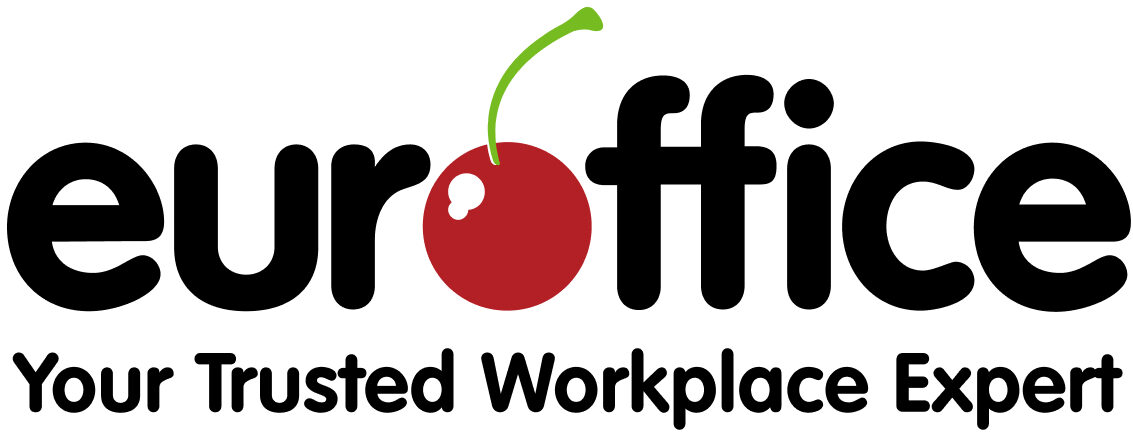Safer Internet Day (SID) is all about empowering kids and young people to get online safely.
SID is a Europe-wide event aimed at helping children and teenagers to use the Internet in a safe and responsible way. The Net is part of everyone’s future, so let’s make sure it’s a place everyone is happy to visit.
Over here, SID is being coordinated by The UK Safer Internet Centre, who are encouraging people to download information packs for parents, as well as for schools, and to tweet using the hashtag #SID2015
They’ve also got some Internet celebrities to help promote the message. (You know you’re getting old when you don’t recognise anyone in these videos.)
https://www.youtube.com/watch?v=lv1OIPEjXNw
First things first – make sure you’ve got up-to-date #anti-virus software. You can’t teach kids about online safety if you’re downloading things by accident. Luckily, Euroffice sells a range of anti-virus software from Panda, so you don’t need to be worried about endangering your #security.
#Mumsnet has useful ideas on how to handle Internet safety for teenagers. These include stricter measures like checking what your children’s privacy and sharing settings are on social media, but also other hints, such as looking out for signs that offspring are spending too much time on the Web (important when it comes to getting enough sleep for school).
#CBeebies has a video on a similar subject, but what’s good about theirs is that it mentions gaming and location services; for example, if your kids use social or photo apps, these might turn on the GPS in their phones by default and reveal where they are.
If you’ve got a #FIFA loving daughter or a son that’s mad about #Minecraft, you’ve got a wonderful opportunity to get involved in their hobby. Ask questions about their tactics and player selection, or plead for a guided tour of their land and an explanation of contraptions they’re making. Could you build a team or design a world together?
Remember, children don’t know a time before the Internet, so connecting with friends, sharing personal information and living part of their life online comes naturally to them.
So maybe the trick is to explain the differences between your world – the one adults control – and theirs. How it might be fun to share goofy pictures or stories in their world, but in yours that might backfire because it could affect how others think of them.
You can’t stop your kids going online – they’ll find a way, somehow – so why not try to shape how do they do it?
Try having a computer in your sitting room, or tablet on the sofa, and encourage your kids to share what they find online. Did one of them stumble across a cool goal on YouTube? Great! Find a picture of a snoozing kitten? Share the cuteness.
You could even keep a paper notebook next to the computer, where you can print and stick some of the things you and your kids find – think of it as a scrapbook of all the wonderful things they discover. It will be around long after the videos disappear and websites close down.
And because you’ll stumble across so much, you could even discuss what makes it into the notebook and why. Do you think there should be categories? What are the arguments for and against including pictures or facts? How do you know an online source is trustworthy?
(On that note, this is also a good time to teach kids about keeping their own files safe and secure; if you think they’re savvy and trustworthy enough, why not get them an encrypted USB key?)
The Internet is a wonderful thing. It is like having your very own Norris McWhirter to hand, who could answer almost any question throw at him. ?? What did you say? Who is Norris McWhirter?? Maybe I’m the only one old enough to remember Record Breakers!!
It gives young people all sorts of opportunities to better their minds and increase their social circles. Let’s get parents in on the act too.



